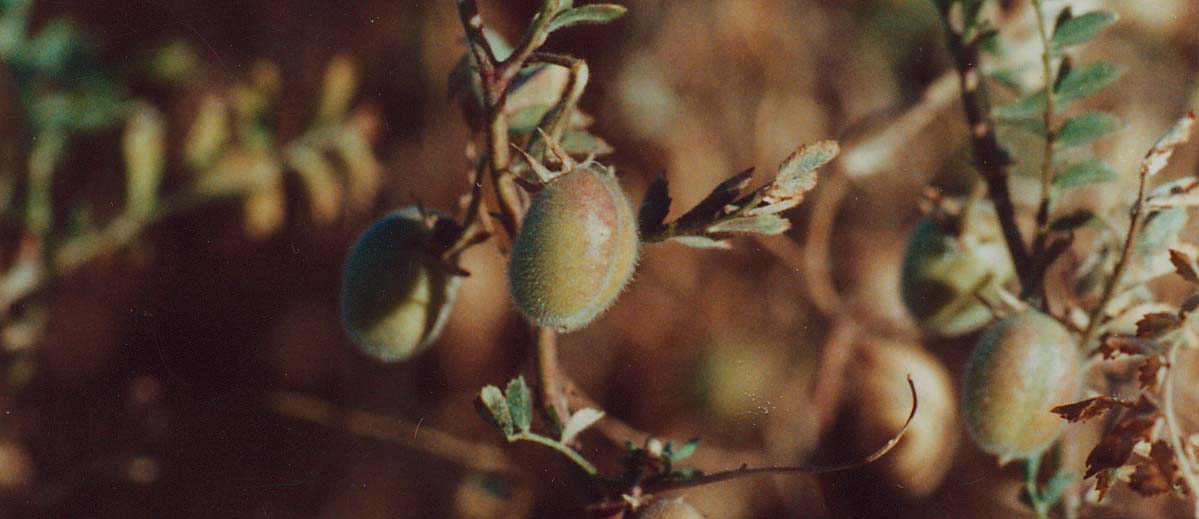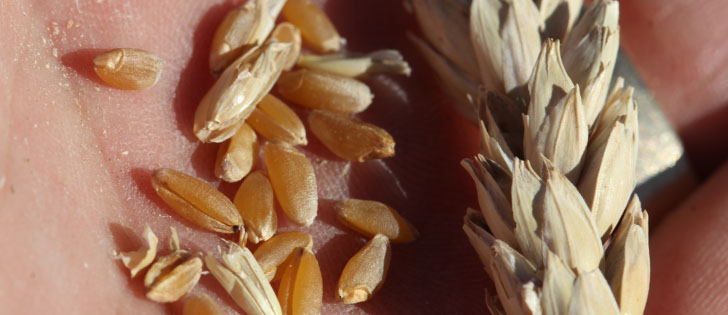DRESDEN, Ont. – Investors in an Ontario apple company have already demonstrated that European-style growing techniques can dramatically increase yields in the province.
The next step is to demonstrate profitability.
Hans Soer is confident Global Fruit, which he founded, will be a winner.
“If you want to be innovative, you need money,” he said.
“It’s like going to war. If you have no money, you’ll lose the war. If you have money, you’ll win.”
Read Also

Why feds imposed EV tariffs
Moe and Kinew have a fight on their hands when it comes to eliminating the EV tariff. Canada has to worry about pissing off the U.S. and Mexico and hundreds of thousands of auto workers.
Soer and his partners now have 850 acres of apple trees. Orchards planted in 2004 are producing triple the Ontario average and Soer expects yields to increase to as much as 1,200 to 1,800 bushels per acre.
There are higher establishment costs – $45,000 per acre – and Soer said Global Fruit has spent about $20,000 an acre for research and development. While conventional orchards in Ontario yield less, they also cost less to establish, at about $15,000 an acre.
Mark Delanghe of Cedar Springs in Chatham-Kent said he’s impressed with the Global Fruit production system.
“It’s the European way, that’s for sure,” he said.
“You would have to do it with the right variety .… It all looks good, but it has to pencil out on paper.”
Leslie Huffman, apple specialist with the provincial agriculture ministry, also liked the Global Fruit approach.
“I think they’ve put in some excellent plantings and they’re being very innovative with some of the machinery, especially at their Georgian Bay location. I’ve tested some of their fruit and it looks very good.”
Quality is a key consideration for Soer. He wants to sell 90 percent of Global Fruit apples into the fresh market at premium prices.
Among the varieties his company grows are Honey Crisp, Ambrosia and a new variety to Ontario, Red Prince.
“Red Prince apples grown in Ontario are better than those grown in Holland or Germany,” Soer said.
“They’re heavier, have a better colour, they keep well and they have a high level of antioxidants.”
Soer said his establishment costs are high, but cash costs associated with growing and harvest the crop are much lower –five cents a pound compared to 18 cents for conventional apples.
Other Ontario growers also practice European-style, intensive-orchard management, but Soer said Global Fruit has taken it further.
A special root stock is used by Soer’s partners, Marius and Irma Botden, at their Grey County farm to produce nursery stock.
Global Fruit’s commercial orchards feature 1,200 trees per acre planted in nine-foot rows using a single-stem pruning system. A wire-and-stake system holds them upright.
Drip irrigation supplies water and the necessary nutrients and micronutrients. Leaf sampling monitors progress over the growing season.
Global Fruit has emphasized mechanization, with Marius Botden overseeing equipment designs. The equipment resembles European designs but is made specifically for Global Fruit orchards.
The tunnel-spraying system and intensive orchard design reduces chemical application. Most of the products being applied are collected and reused if they do not reach their intended target.
Other innovations include the “harvest train,” which allows workers to pick apples effectively and with less effort.
A row-maker and planter were designed to establish new orchards.
“On a good day we can plant 35,000 apple trees a day. On an average day we can plant 25,000,” said Soer, who immigrated to Canada from the Netherlands.
Some in the industry have been skeptical of the Global Fruit concept, he acknowledged, especially when the company planted its first intensive orchards.
Those doubts may be fading, he added, now that the orchards are becoming profitable.
Soer said there’s still room for traditional smaller growers in Ontario who have developed local niche markets, but he sees the Global Fruit approach as a way for the Ontario industry to capture a larger market share, both in Ontario and across the rest of North America.
“There are two ways to go,” he said.
“You can go big like us or you can go small. With us, the economies of scale apply.… This will never work for a small farmer.”
Marketing is a key part of the Global Fruit strategy. Soer said the company sold 150,000 bushels of apples to premium markets in the United States last year.
According to the company website, Global Fruit growers participate in a franchise-like model.
The company looks after planting, orchard maintenance, cold storage and marketing.
Growers receive the proceeds from apple sales less Global Fruit’s management fee. It’s expected growers will receive a return on investment of 10 to 12 percent annually for a 14-year period.
After 14 years, the partnership may be renewed with Global Fruit replanting the orchards.














